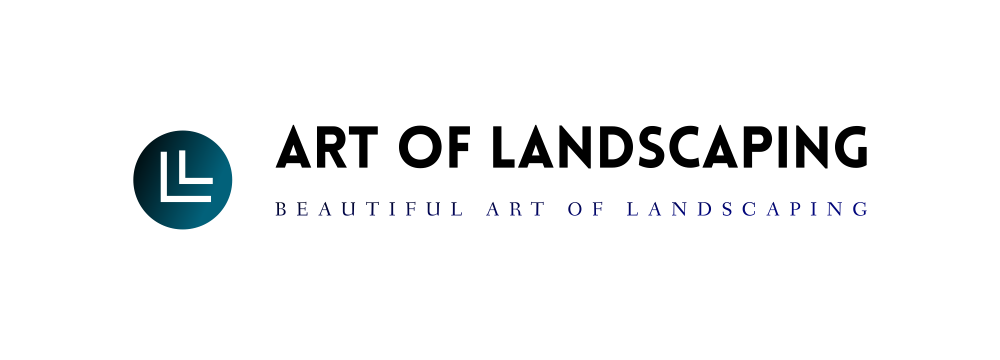
Horizon, a new studio space and residency program, welcomes emerging and midcareer artists
Emerging artists, take note: There’s a bright spot peeking through the horizon for 2022.
Horizon, a new art space and residency program, will open its doors in downtown L.A. in February, the foundation announced on Friday. Former Whitney Museum of American Art curator Christopher Y. Lew will serve as chief artistic director of Horizon Art Foundation, traveling frequently to L.A. from his home in New York. L.A.-based May Xue, who previously steered Hong Kong’s K11 Art Foundation as general manager and director of education and institutional relations, is the initiative’s CEO.
The L.A.-based Chinese art patrons Jason Li and Harry Hu are the sole funders of the nonprofit.
Horizon’s mission? To provide emerging and midcareer artists from around the globe with resources to create experimental work in an environment unfettered by deadlines and the pressure to exhibit. Horizon will support one artist at a time for up to three months — four each year — and provide them with a place to live, studio space and a stipend for living expenses. The artists will retain sole ownership of work they create during the residency.
“We wanted to find a way to support artists that’s less goal-oriented, that’s much more open-ended where artists can take risks and experiment,” Lew says. Taking root in the city of Los Angeles, he adds, is key. Part of Horizon’s goal is “to help celebrate the real cultural richness of L.A.”
Horizon wouldn’t yet reveal its inaugural artists for 2022, all of whom have been chosen. The selection process included drawing up a list of about two dozen artists; four were invited to partake in the first year of the residency. There isn’t necessarily a focus on L.A. artists, but bringing artists from around the world to Los Angeles to experience the city’s charged creative communities is part of the mission. The potential applicant list was created and reviewed by Lew and a two-person advisory board comprised of Pérez Art Museum Miami’s María Elena Ortiz and the Contemporary Art Museum St. Louis’ Wassan Al-Khudhairi. The advisory board, Lew says, will change annually.
The residency is open to artists of all backgrounds, but Horizon is “giving some focus to artists of color,” Lew adds.
Creating community around artists and connecting them with patrons is key to Horizon, Xue says. As such, the space will host artist talks, open studio tours and other public programming in its 4,800-square-foot studio space in the Fashion District.
The hope is to spark an international dialogue through art to promote cultural understanding, says Xue, who ran a three-year, collaborative artist-in-residence exchange program between K11 Art Foundation and the U.K.’s Royal Academy of Arts from 2018 to 2020.
“That experience, it helped a lot of artists to discover more about the world and also themselves,” Xue says.
Drawing on Xue’s expertise in the area, Horizon plans to open an artist-in-residence exchange program in either Beijing or Shanghai, though there’s no timeline for that yet. “We’re thinking about an exchange that can happen between Los Angeles and China and Asia in general,” Lew says. “To really have artists between the two places in residence and go back and forth.”
The Horizon team is working together in other areas as well. Li is co-founder, with Xue, of the for-profit NFT editorial platform Outland, which launched earlier this month. Xue also serves as Outland’s artistic director for Asia, while Lew is chief artistic director of the company.
Lew says there is no connection between the two ventures. “They’re two distinct entities,” he notes.
Hu, who is financing Horizon along with Li, works with his family’s business, a production company in Hangzhou, China.
Horizon aims to host artists from around the world, but because of the pandemic — and uncertainty about what travel restrictions might be in place early next year — its four inaugural artists are from North America.
All of them, however, are at pivotal points in their careers.
“It was really important for us to be able to offer an opportunity to artists that would feel transformative,” Lew says. “Many artists at that early-to-midcareer point may still have day jobs or other things they depend upon to live. And here is a chance to focus on one’s art 24/7 for the length of the residency.”
